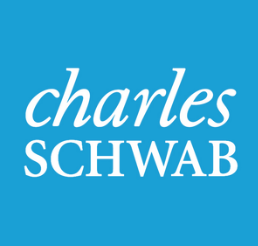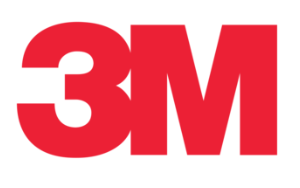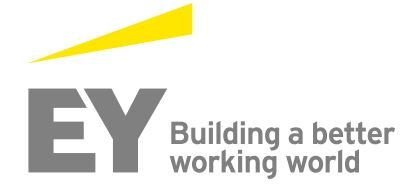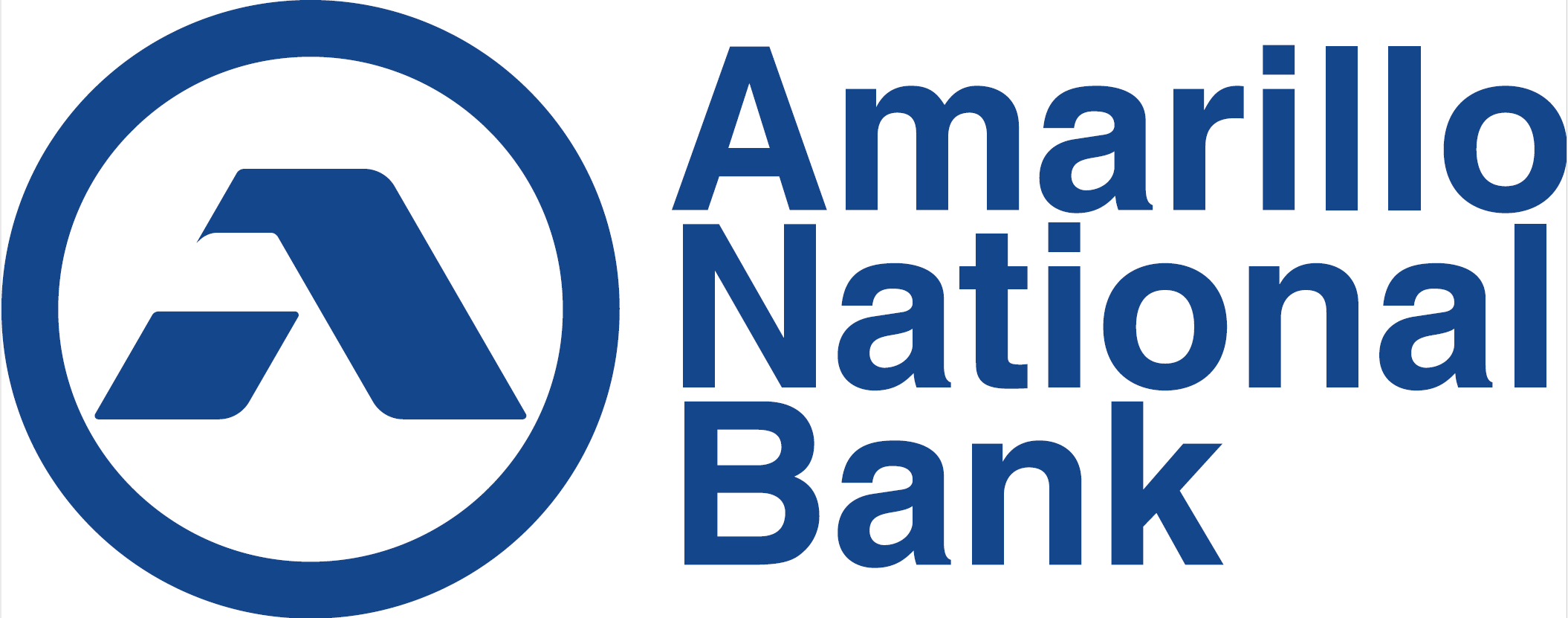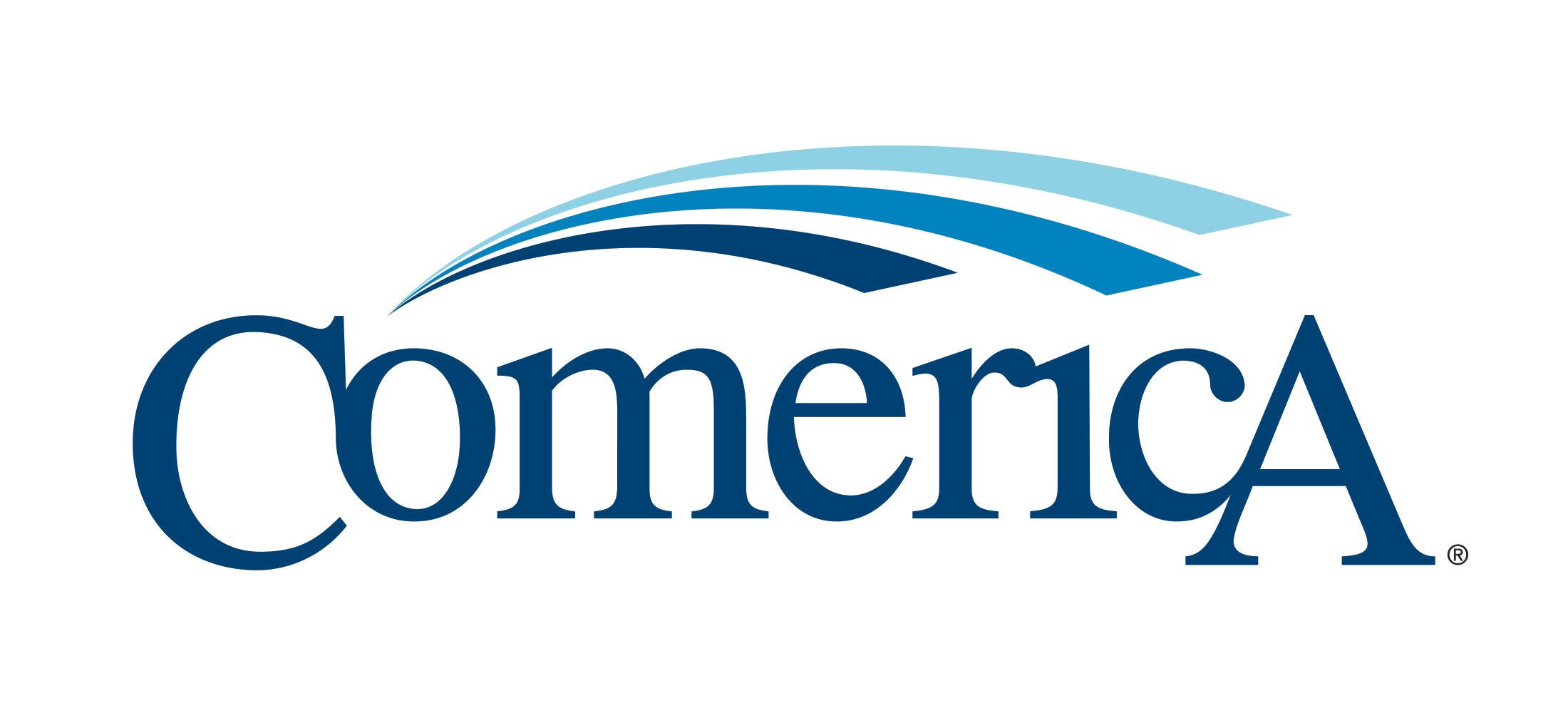JA’s elementary school programs are the foundation of its K-12 curricula. Six sequential themes, each with five hands-on activities, as well as an after-school and capstone experience, work to change students’ lives by helping them understand business and economics.
Typically taught as a JA in a Day- All five activities taught in one day.
Kindergarten
JA Ourselves® uses storybook characters in read-aloud and hands-on activities to introduce the role people play in an economy. Through engaging, volunteer-led activities, young students learn about individual choices, money, the importance of saving and giving, and the value of work.
1st Grade
JA Our Families® explains how family members' jobs and businesses contribute to the well-being of the family and of the community. The program introduces the concept of needs and wants and explores the ways families plan for and acquire goods and services. Students analyze their own skills to determine ways they can support their families.
2nd Grade
JA Our Community® uses posters and games to offer practical information about businesses and the many jobs those businesses offer in a community. Students explore production methods through a simulation game, and they learn about taxes, decision making, and how money flows in an economy.
3rd grade
JA Our City 1.0® introduces the newest JA character, Jade. A fun sing-along video gets students up and moving in the classroom while reinforcing financial literacy concepts. Educators and volunteers will enjoy the simplicity of the Facilitator Guide, helping them deliver each session with ease and confidence.
4th grade
JA Our Region® introduces students to entrepreneurship and how entrepreneurs use resources to produce goods and services in a region. Students operate a hypothetical hot dog stand to understand the fundamental tasks performed by a business owner and to track the revenue and expenses of a business.
5th grade
JA Our Nation® provides practical information about the need for employees who can meet the demands of the 21st century job market, particularly high-growth, high-demand jobs. By program's end, students will understand the skills, especially in science, technology, engineering, and math, that will make their futures brighter.













